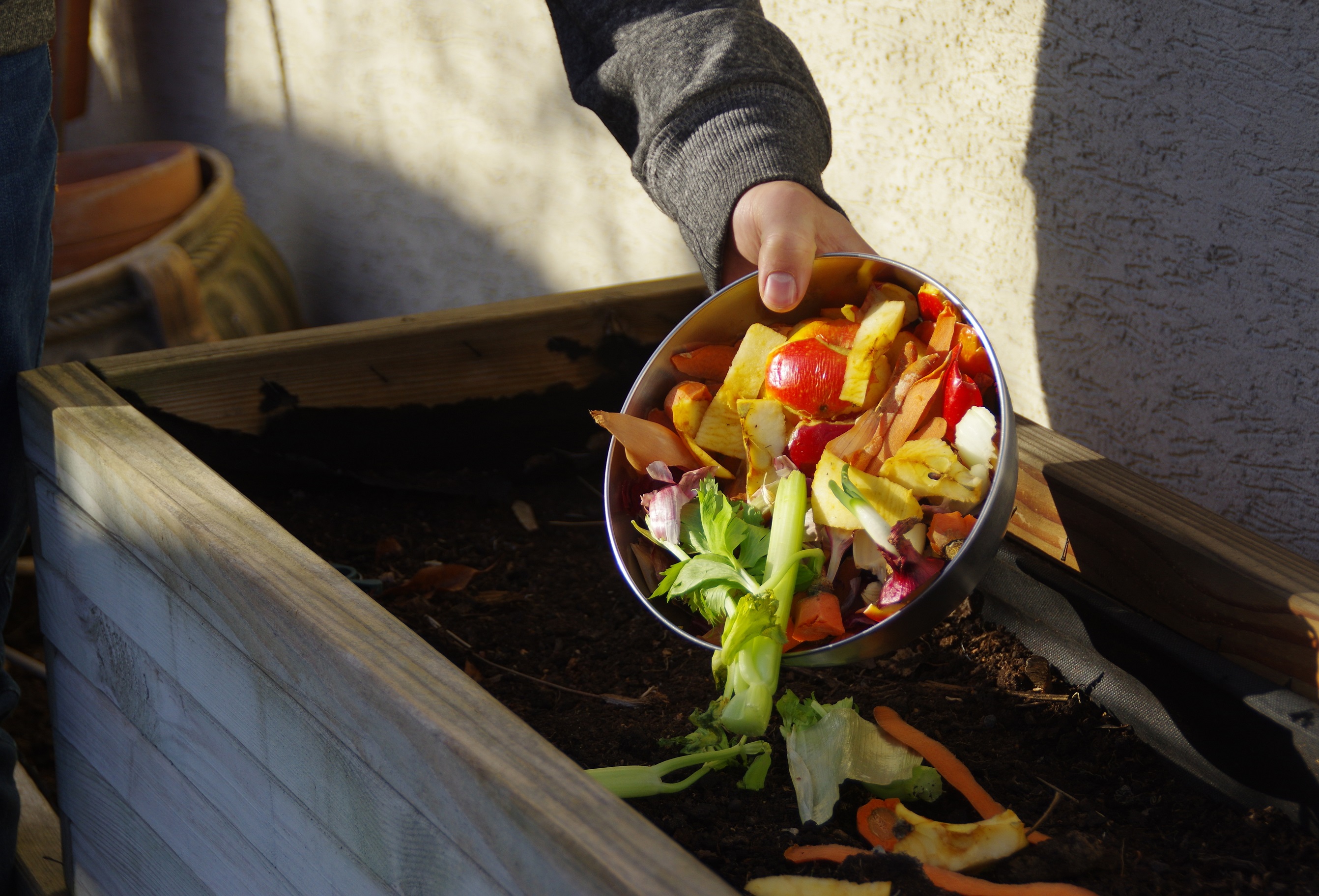
Garbage to Garden
The Petroleum Institute has been recently merged with The Masdar Institute of Science and Technology and Khalifa University of Science, Technology and Research into one world-class, research-intensive institution, seamlessly integrating research and education to produce world leaders and critical thinkers in applied science and engineering. Khalifa University endeavours to be a leader among the research intensive universities of the 21st century, while catalysing the growth of Abu Dhabi and the UAE’s rapidly developing knowledge economy.
The university has several sustainability focused research areas such as Clean and Renewable Energy, Water and Environment and Environmental Resource Management. Under these broad areas, research is conducted in fields such as solar energy, energy storage, desalination and wastewater treatment, carbon capture, solid waste management and improved oil recovery, among a few examples. In addition to the strong research commitment of the university, they have also established research centres such as the Research Center for Renewable Energy Mapping and Assessment (ReCREMA), Sustainable Bioenergy Research Consortium (SBRC) and ATIC SRC Center of Excellence for Energy Efficient Electronic Systems (ACE4S) that focus on sustainable solutions to challenges. The university offers graduate level courses in Sustainable Critical Infrastructure, Water and Environmental Engineering as well as Health, Safety and Environment Engineering. Previously, the Petroleum Institute was also heavily invested in sustainability and has conducted several projects such as construction of solar power cars.
Khalifa University of Science, Technology and Research (formerly The Petroleum Institute) joined the Sustainable Campus Initiative in 2014. The following is one of their sustainable action projects focusing on waste management and recycling.
Project Overview
The objectives of the Project G2 (Garbage to Garden) envisaged by The Petroleum Institute are:
- To avoid food waste ending up in at the landfills, thereby reducing the university’s carbon footprint
- To increase awareness among the student and staff community on effective waste management and recycling
- To educate students how to reuse food waste and how dehydrated food waste enhances plant growth The Petroleum Institute procured a “food dryer machine” which dehydrates food waste (approx. 20T per year) and converts it into soil amendment which is used in the landscapes around campus.
Waste segregation protocols at source were implemented at all canteens and cafeterias on campus. Students were involved in the project which raised their awareness about recycling and waste management.
Method
- Communicated with peer organisations to know their best practices/protocols on waste management
- Conceived and iterated various models to establish the concept of “Project G2- Garbage to Garden”.
- Made site visits to various institutions where waste management protocols were in place and identified the best working model they decided to purchase a “food dryer machine” after securing senior management buy-in.
- All the food waste from kitchens from the salad section, butchery and buffets was collected and fed to the machine which converted the organic/food waste into compost/soil amendment, with the resultant reduction in weight and volume by up to 85-90% or more.
- Coordinated with landscaping team to use the end product as manure for landscaping
- Educated the student team on recycling and waste management.
Key Outcomes and Learnings
- Approximately 900kg of food waste was recycled in a month using the machine. [When food is disposedin a landfill it rots and becomes a significant source of methane – a potent greenhouse gas with 21 times the global warming potential of carbon dioxide.] With this process the emission of methane is reduced to minimal levels and reduction in CO2 eq is 21.7 kg per month.
- Considering they worked 200 days in an academic year, approximately 20 tonnes of food waste was generated. When treated, this equates to a reduction of 660Kg of CO2 eq.
- The project increased awareness levels among students and staff community on effective waste management and recycling. Students utilised the machine during the ‘Ramadan Food Waste Reduction’ campaign, a community outreach programme run by EAD.
- The soil amendment produced by the machine gave good results when utilised in gardens on campus. In some tests conducted, lawns utilising the compost showed great improvements in foliage when compared to lawns using common fertiliser. This also helped reduced the amount of fertilisers required by the Petroleum Institute.
- The machine was found to be easy to use as it is mostly automated, requiring minimal training for usage.
- The Petroleum Institute continues to run the project. In second phase the campus is planning to implementa salad garden using the fertiliser from the dryer machine. This will be followed by a third phase in which the power needed for the machine will be supplied by solar panels.
